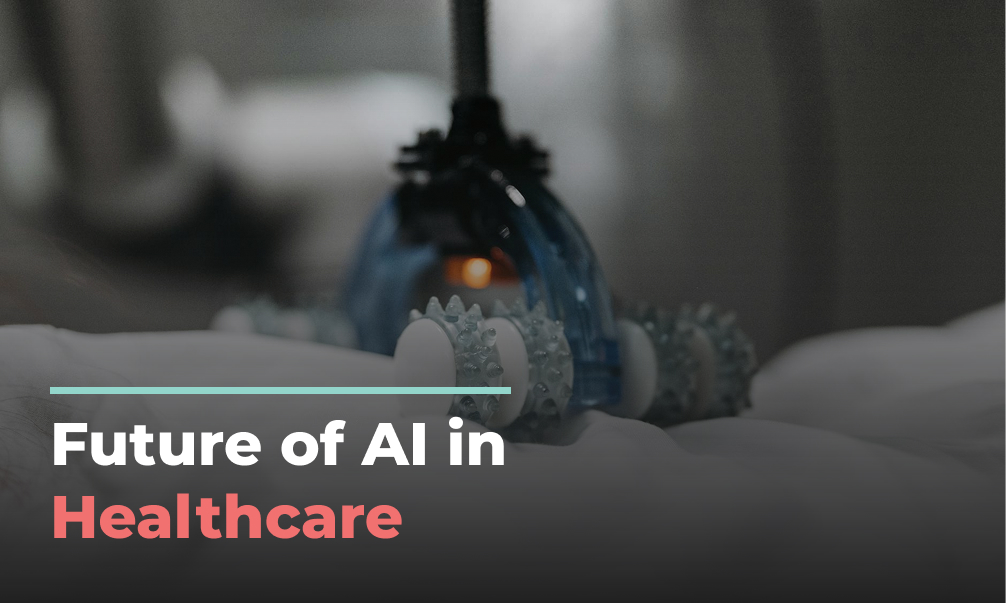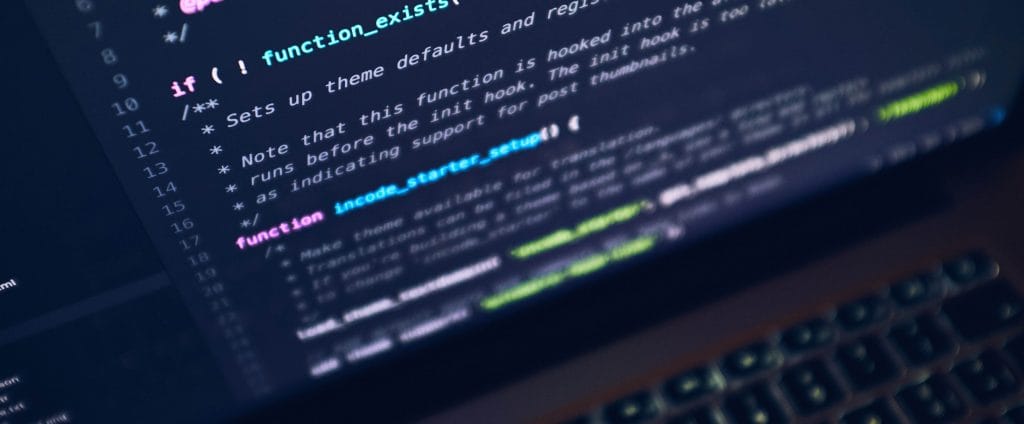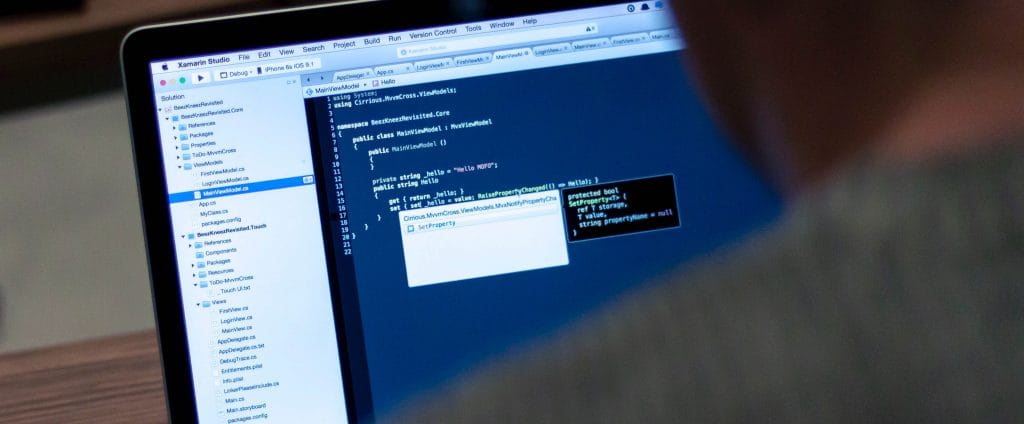AI and Machine Learning: Revolutionizing Precision in Medical Diagnostics
February 18, 2025

“In 2023, the size of artificial intelligence (AI) in the healthcare market in India reached 374.7 million U.S. dollars. It was estimated that in 2032, the value would increase substantially and reach around 6.9 billion dollars.”- Statista
Artificial intelligence and machine learning technologies are leading changes in AI in medical diagnostics, turning disease identification, analysis, and treatment on their heads. With the help of AI algorithms in speed and accuracy, we can diagnose diseases with unimaginable speed and with a high accuracy rate in detection.
All this—genetic codes’ interpretation to finding cellular irregularities—was once the theme of science fiction films, but solutions have now been found in these technologies almost nearly without invasion.
This integration not only enhances medical AI diagnosis but will also pave the way for personalized treatment plans and thus improve patient outcomes. As healthcare embarks on this technological leap, the potential for redefining AI doctor diagnosis strategies underlines the new era in medicine innovation blended with lifesaving precision.
Diagnosis Before AI
Before the advent of AI & ML in medical diagnostics, diagnosis heavily relied on human expertise, manual processes, and traditional diagnostic tools. This process has saved innumerable lives, but it also had inherent challenges such as human errors, limited data processing capabilities, and slower timelines for diagnosis.
Human Expertise
- The analysis of symptoms and interpretation of test results were highly dependent on doctors’ and specialists’ knowledge and experience, limited by individual expertise and cognitive bias.
Manual Review of Test Results
- Medical imaging and diagnostics like X-rays or MRIs were reviewed by medical practitioners manually, increasing the potential for oversight in high-volume cases.
Time-Consuming Procedures
- Diagnoses often required multiple tests, second opinions, and extensive reviews, causing delays that impacted treatment outcomes.
Error-Prone Systems
- Human exhaustion, lack of resources, and time constraints often led to diagnostic errors, which affected patient outcomes.
While traditional methods laid the foundation for modern medicine, they highlight the transformative impact AI in medical imaging and diagnostics brings to healthcare.
AI & ML in Diagnostics
The evolution of ML in medical diagnostics removes human limitations and enhances precision with unparalleled speed.
Imaging Diagnostics
- AI-powered software solutions analyze X-rays, CT scans, and MRIs with unmatched precision. Unlike human radiologists, AI does not suffer from fatigue and identifies anomalies across vast datasets quickly.
Pathology
- AI revolutionizes pathology by analyzing tissue slides to identify disease patterns. AI-assisted pathologists ensure timely, accurate results for life-saving decisions.
Predictive Diagnostics
- AI and medical diagnosis predicts risks using patient records, genetic data, and lifestyle patterns, allowing for preventive care and informed decision-making.
Identifying Patterns & Trends
- AI detects hidden relationships in complicated medical data, permitting earlier diagnoses and optimized treatments.
- For instance, AI identifies genetic markers connected to cancers.
Make Predictions
- AI processes data to predict disease risks, treatment effectiveness, and post-surgery complications.
Future of AI in Healthcare

The future of AI in medical diagnostics is full of transformative possibilities.
Personalized Medicine
- AI will craft personalized treatment plans based on genetic profiles and lifestyle data.
AI-driven Drug Discovery
- AI will fast-track drug discovery by identifying new treatment pathways for complex diseases.
Preventive Healthcare
- AI will detect high-risk individuals for early intervention, reducing healthcare costs.
Advanced Diagnostics and Monitoring
- Medical AI diagnosis will enable real-time health monitoring.
- Wearable devices will detect health anomalies for timely intervention.
Virtual Assistants and Chatbots
- AI-powered chatbots will support patients with 24/7 health guidance, medication tracking, and mental health support.
Challenges and Considerations
Despite its advantages, AI in medical diagnostics market faces several challenges:
Cost & Infrastructure
- AI requires significant investment in infrastructure and computational resources.
Regulatory Challenges
- FDA guidelines emphasize data privacy, algorithm transparency, and bias mitigation.
Public Trust & Awareness
- Transparency and education are essential to build public trust in AI-driven healthcare.
Conclusion
AI and ML in medical diagnostics are revolutionizing disease detection with unprecedented accuracy, speed, and efficiency.
From medical imaging to predictive analytics, AI empowers healthcare professionals with tools that save lives and enhance patient care.
As advancements continue, AI in medical diagnostics news suggests a future where AI-driven healthcare is more accessible, proactive, and personalized.
Keep reading about
LEAVE A COMMENT
We really appreciate your interest in our ideas. Feel free to share anything that comes to your mind.
Our 16 years of achievements includes:
-
10M+
lines of codes
-
2400+
projects completed
-
900+
satisfied clients
-
16+
countries served




